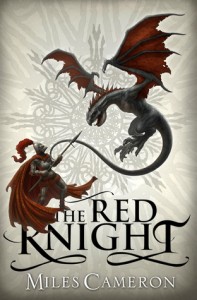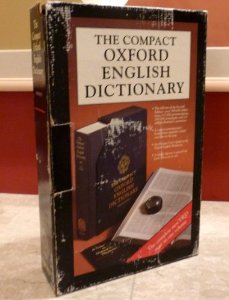
Doctor Rat witnesses the experiments being carried out on his fellow animals, wandering through a laboratory and speaking to us in a way that makes it clear whose side he’s on while showing how brutal the details of this book can be:
I should now like to sing “Three Blind Rats.” It’s part of the experimental program of music that’s being channeled toward certain rats, to make them more docile and sweet. Several of them are indeed beginning to nuzzle up to each other, one of them even executing a light-fantastic tripping of his tail, in time to the beat.
In the cage beside him, we actually have three blind rats. In fact, we have twenty-three blind rats, part of a magnificent new experiment initiated by a very ambitious student, who I’m featuring in this month’s Newsletter. He’s a sensitive chap and it was his exquisite sensitivity that caused him to dream up the item that’s become the latest rage here at the lab: the fabulous removal of eggs from a female rat’s body and the grafting of them to different parts of the male rat’s body — to the tail, to the ear, to the stomach. And for the past twenty-three days he’s been grafting them to their eyeballs! So now it’s time we all sang that promising young scientist a song.
Doctor Rat is not all horrifying detail though. There’s a lot of sweetness to it, including a moment where a human orchestra plays music in order to warn whales of approaching whalers that makes me cry, every time, while read silently or aloud. The amount of emotion it manages to stir in me is visceral. I wish I knew how Kotzwinkle accomplished it.
Which brings me to another reason by I think this is a good book for writers to read: this is a book that manages to be harrowing and uplifting all at once. It’s the sort of book that a writer confronting a real evil produces, a look that is cynical and despairing and yet tinged with a dark humor that lets you know there may be a glint of light somewhere. This is the sort of book you should read through once in order to experience it for the first time; then go back and see how the writer accomplished that experience. Doctor Rat looks at difficult, political things in a way only the greats manage.
Kotzwinkle is still around and is a prolific of both adult and children’s books. The child in me is compelled to note that the latter includes the “Walter the Farting Dog” series.
#sfwapro









One Response
read the fan man over 40 years ago. still the funniest book
ever. I LOVE IT.